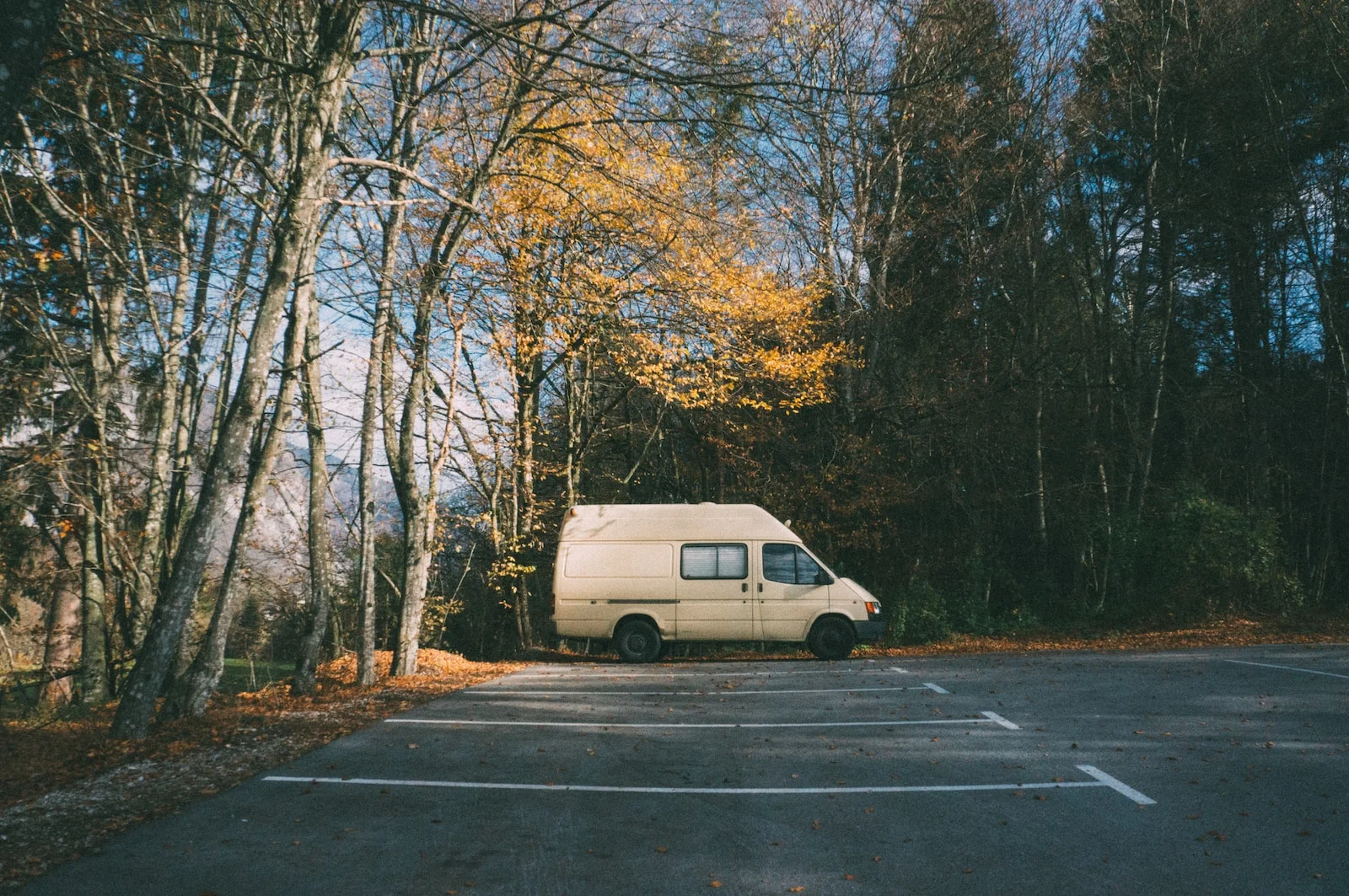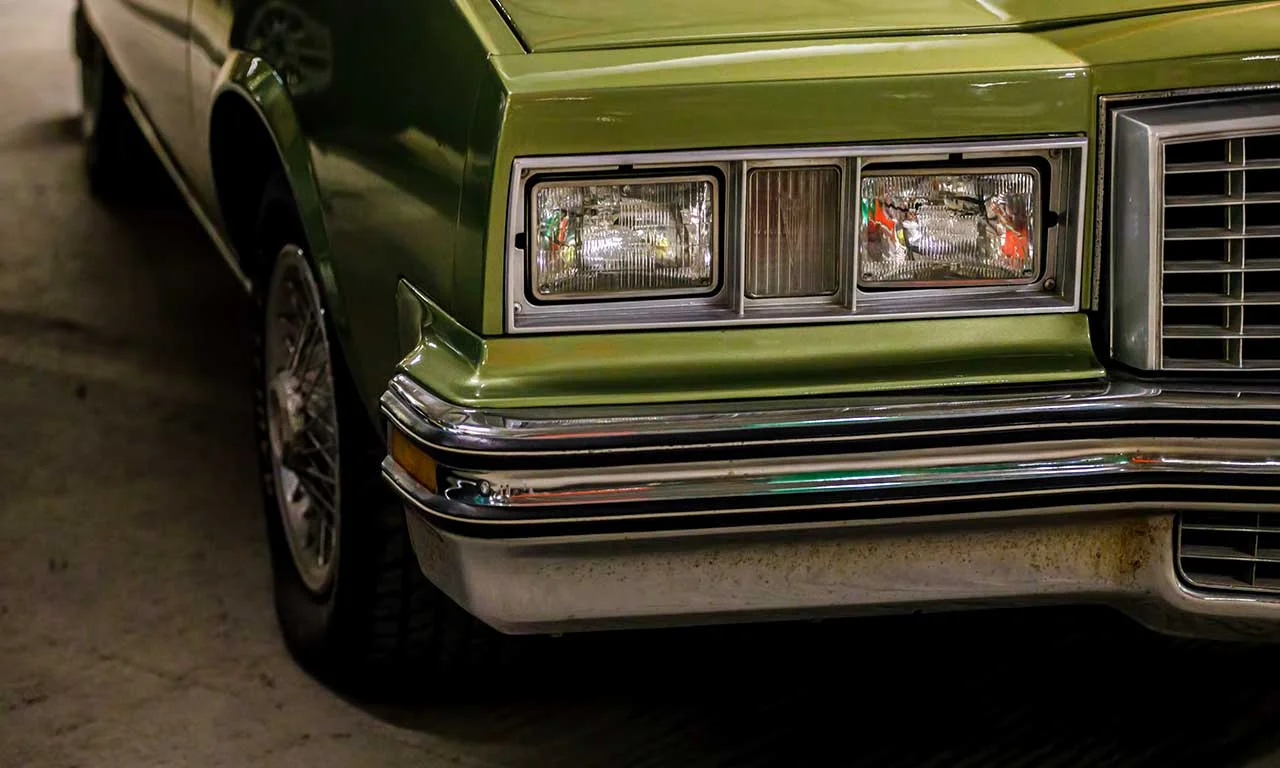In a world where the allure of wanderlust meets the comfort of home, the idea of owning a recreational vehicle (RV) has gained significant traction. The freedom to travel the open road, with all the conveniences of a home, has fueled the dreams of many. While larger, luxurious RVs have become a symbol of modern nomadic living, the appeal of compact and minimalist living is on the rise. So, what’s the smallest RV you can buy, and why might it be the perfect choice for your adventurous spirit?
The Charm of Compact Living
In recent years, the concept of downsizing and embracing a more minimalist lifestyle has gained momentum. This trend is perfectly reflected in the world of RVs. Compact RVs, sometimes referred to as “micro” or “mini” RVs, are designed to offer a cozy living space without sacrificing the essentials. These tiny homes on wheels can range from a mere 80 square feet to around 200 square feet, making them a compelling option for those who value simplicity and functionality.
Benefits of a Smaller RV
- Ease of Maneuverability: One of the primary advantages of a compact RV is its ability to navigate through tight spaces and narrower roads. Parking becomes less of a hassle, and you can explore areas that might be off-limits to larger vehicles.
- Lower Costs: When you buy an RV, you’re not just investing in the vehicle itself; you’re also taking on maintenance, fuel, and campground fees. Smaller RVs tend to be more fuel-efficient and require less maintenance, resulting in cost savings over time.
- Closer to Nature: Compact RVs often allow you to get closer to nature. With their size advantage, they can fit into more remote and picturesque campsites that might be inaccessible to larger models. Imagine waking up to the serene view of a lakeside or nestled in a forest grove.
- Efficient Living: Embracing a minimalist lifestyle can lead to more intentional living. A smaller RV encourages you to prioritize what truly matters, helping you declutter both physically and mentally.
Types of Small RVs
There are several types of small RVs available in the market, each catering to different preferences and needs:
- Teardrop Trailers: These compact trailers are known for their streamlined shape and cozy interiors. They often feature a sleeping area and a small kitchenette at the rear, making them a great choice for solo travelers or couples.
- Class B Motorhomes: Also known as camper vans, Class B motorhomes are essentially vans that have been converted into living spaces. They offer a blend of mobility and comfort, making them an excellent option for those who want a versatile travel experience.
- Compact Travel Trailers: These are traditional trailers, but scaled down in size. They usually feature a bedroom, a kitchen, and a bathroom, while still being light enough to tow with a smaller vehicle.
- Truck Campers: Designed to be mounted onto the bed of a pickup truck, truck campers are a compact and modular option. They offer the convenience of detachability, allowing you to use your truck for other purposes when you’re not camping.
Is a Small RV Right for You?
The decision to buy an RV, whether small or large, ultimately depends on your preferences, lifestyle, and travel goals. A small RV is an excellent choice for those who value simplicity, are comfortable with close quarters, and prioritize the experience of the journey over lavish accommodations. It’s ideal for solo travelers, couples, or small families seeking intimate adventures.
However, it’s important to consider potential drawbacks. The compact size means less storage space, so you’ll need to be efficient with your packing. Additionally, if you’re traveling with a larger group or have specific amenities in mind, a larger RV might be more suitable.
In Conclusion
The world of RVs offers a spectrum of choices, catering to a diverse range of adventurers. When contemplating the purchase of an RV, it’s important to recognize that bigger isn’t always better. The smallest RVs on the market provide a unique and rewarding way to explore the world, offering a blend of mobility, affordability, and the joy of minimalist living.


















